I know when I started out, I wanted to tell the agent my whole life story-- how I started writing at a young age, how staring at the ocean gave me the story idea and how I've been dedicated to tell this story ever since!
But then I met this magic thing called the internet and it told me what not to do. Agents don't want to to hear about anything that isn't relevant, and I know, I know your sister read your story and said it was the best thing since Harry Potter, but surprisingly, the agent doesn't need to hear this either.
What they do need to read is an enticing small paragraph or so on the plot (though be careful not to give them set-up and back story) and main character of the story. They want stakes, they want to be dying to know what happens, they want a little blurb of info on the book-- i.e. how many words, what genre, who is your writing like-- and then the first couple of pages from the manuscript (for the exact number, you need to look up the particular agent and see their guidelines). That's it.
On the outside, it seems really pretty easy. I can write 250 words in my sleep and I see blurbs on the back of every book I read so I know it's possible. But it's NOT easy. In fact, it's downright hard. For me, it's even harder than writing the novel. In the novel, I have plenty of time to guide the reader to the plot, build the stakes and tension and introduce the character. Trying to wrap up a 70,000 word novel into only 250 words is like trying to piece together a shattered bit of glass. On top of all that, I have to make it sound appealing!
*Cue the doctor* because it's Freak Out Time!
What I do to fight these feelings of anxiety is to write practice query letters periodically through the writing process. Before the novel is even begun, I whip up a quick query letter to showcase what I'm going to write about. By the time I'm finished with the novel, I have a few saved. Each time I write one, I play with a different angle so that I can see what appeals the best. Then, when it's time to sit down and write a final one (like I am doing today) I pick out my favorite angles and tweak them to see which one is the most appealing.
Like you sit on your novel for a month to make it fresh to you, I suggest sitting on your query letter for a small period of time too. There are also some killer sites you can go to to see if your query letter is good enough (if you are lucky enough to get picked). The two I always visit are:
- Query Shark (http://queryshark.blogspot.com/) run by the wonderful Janet Reid of FinePrint Literary Management
- Ask Daphne! (http://ktliterary.com/daphne/) run by Kate Schafer of kt literary
Also, you can swing by Miss Snark's First Victim (http://misssnarksfirstvictim.blogspot.com/) for some of the really cool contests she runs!
What part of the writing process are you on?
With whatever you are doing, good luck!







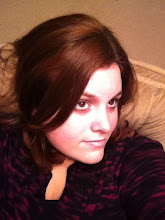



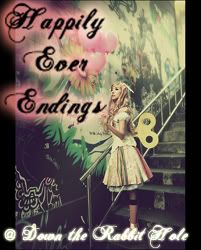
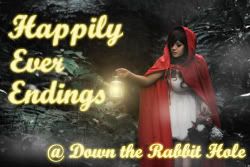
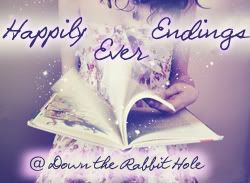

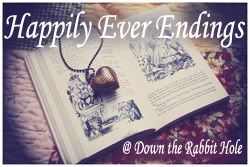
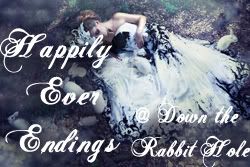








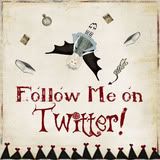
















That's so funny--I was working on my query letter while writing the first draft, too! I had read somewhere that this was a bad idea (I can't remember what website), but I found that it really helped me out.
ReplyDeleteWhen I was finally done editing the actual novel, it was a relief to already have a draft (however awful) of a query as a starting point. It wasn't so daunting then. And since I had left the query alone to simmer a bit, it was a lot easier to pick out the flaws and move forward.
Cool!
ReplyDeleteFunny though, I read that this was a good idea. Oh, the wonderful, contradicting interwebz! I found that writing the query letter first helped me get a good focus on what my plot was.
Just got finished writing my final (hopefully) draft tonight. Now to sit on my hands for a whole month. *bummer*